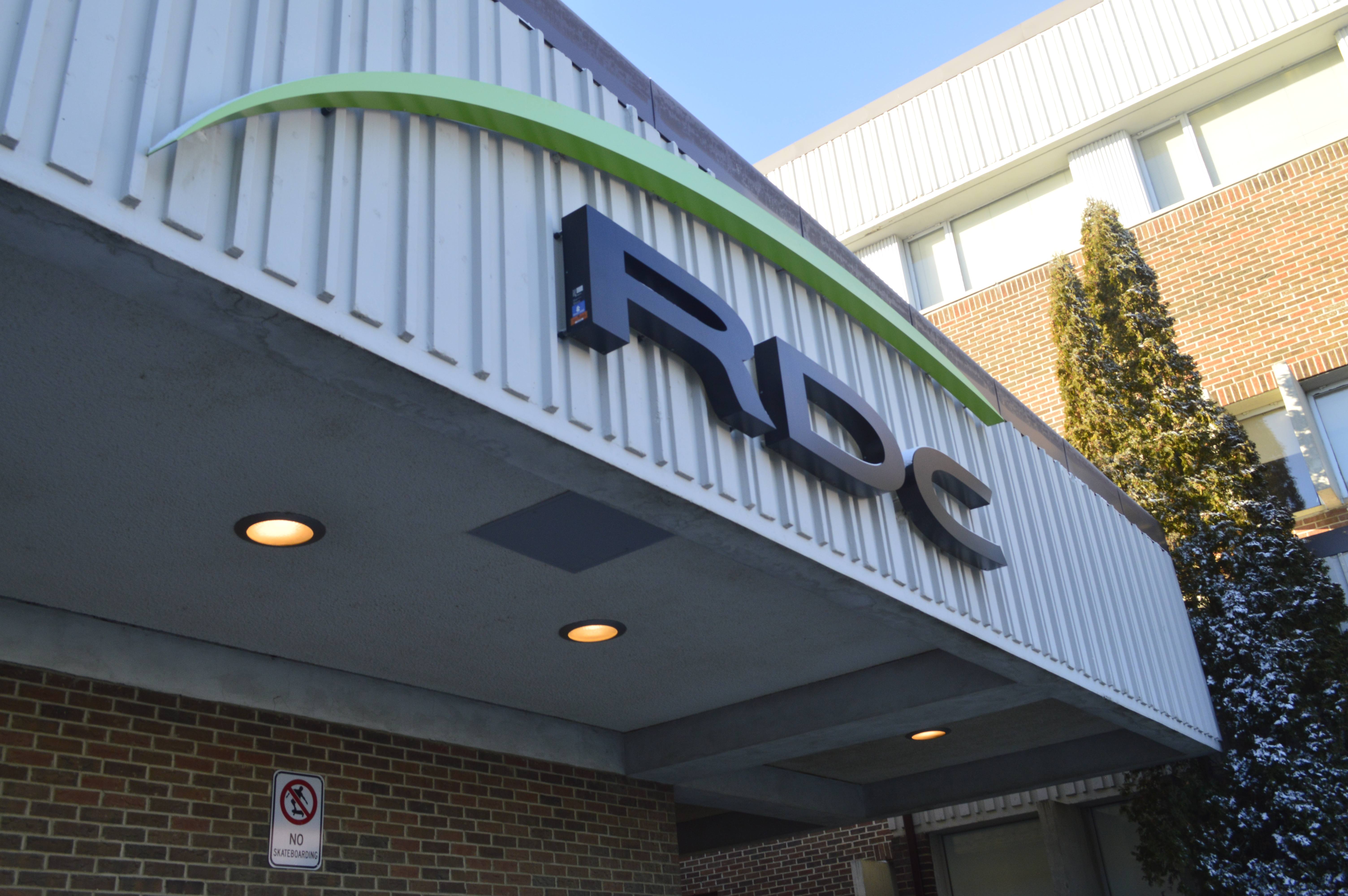A study into what caregivers of those with early onset dementia are facing is currently being carried out at Red Deer College.
The results, which should be available by April, will be a critical tool in not only building awareness of the condition, but will also help to show the often overwhelming challenges families face when a loved one is diagnosed.
Dementia is more common in people over the age of 65 but it can also affect younger people. Early onset of the disease can begin as young as the 30s, 40s or 50s. To that end, EODA (Early Onset Dementia Alberta) provides a voice for those families affected by dementia.
According to the EODA web site, EODA provides a voice for those families affected by early onset Alzheimer’s and dementia.
“Officially, the diagnosis of ‘early onset’ applies to anyone diagnosed before the age of 65, but most of our partners were diagnosed before the age of 60, and some of our group before the age of 50.”
The diagnosis can be devastating, as often they lose jobs, their driver’s license and their independence, notes the web site.
The organization holds conferences in Red Deer each fall – this year’s is set for October.
“We are often on the lookout for applied research possibilities where we can partner with community organizations on projects that have mutual benefits involving our students. Our relationship with Bernie and her organization has been hugely valuable to us, and we’ve formed a terrific connection,” said RDC Psychology Instructor Greg Wells, who is also a psychologist.
“She identified some priorities, and one of them was looking at the unique challenges of care providers to people with early onset dementia,” he said.
“In discussing that, we thought that one direction we could take would be to look at their experiences.
“We have the opportunity to benefit the community, establish a partnership and fulfill our applied research mandate.”
Jamie Prowse-Turner, also an RDC psychology instructor, said that oftentimes with early onset dementia, the voice of the caregivers simply isn’t being heard.
“The problem is that unless you are 65 or older, a lot of the services out there aren’t applicable to you,” she said. “A lot of these families have individuals under the age of 65 who have these unique challenges, and they have unique challenges themselves. And no one is really listening to them.
“When you look out into the research, there are all of these caregiving studies but they are all for those typically above 65. There’s some great research there, but those challenges are not the same necessarily – there’s overlap but there are definitely differences.
“By allowing this research to get out there, we can actually show a more accurate picture of what these care providers are facing. It’s not something they are getting a lot of help with now.”
Bernie Travis, of the Early Onset Dementia Association (EODA), said awareness is growing but there’s a long ways to go yet. To that end, the research being done at RDC should help tremendously with the mandate of the EODA in both influencing and shaping policy to help families affected.
“It takes us to another level where we are more confident, and we will be more confident in advocating for the care in the community, and for continuing care. It’s really important,” she said. “We are finding that becoming more engaged with (research participants), that they are becoming more empowered. And that they have hope.
“This is a real gift for me to able to see this happening with Red Deer College.”
Rozalyn Vickery, a student at RDC, is conducting the research via interviews with caregivers of those looking after persons with early onset dementia. She has, so far, 35 people signed up to talk to. She is still looking for anyone interested in taking part – they can contact her via email at rozalyn.vickery@rdc.ab.ca.
“This is an opportunity to share their entire experience with a sincere, invested listener where they don’t have to filter anything out,” she said. “Knowing this has helped encourage the respondents. And usually when they are done, they are often quite surprised at how good it actually feels to be able to speak openly.
“It’s very rewarding to know that we are giving these people an opportunity to share those experiences, especially when I hear about what are those specific and unique challenges they are facing.
“But being able to document their experiences – I have faith that this will lead to change.”
Currently, the four areas of concern EODA is focused on include home care, the lack of services/programming, long-term care (the majority of long-term care facilities are not in the position to deal with younger people who have dementia and are still physically very active) and diagnoses and medical support.
For more information, check out www.EODAF.ca.
mark.weber@reddeerexpress.com



